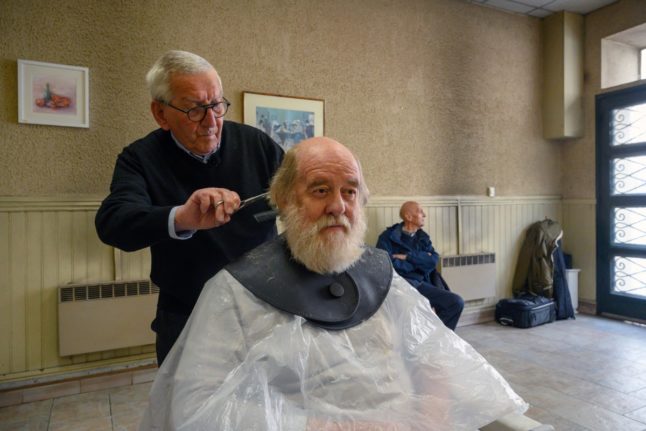
BUSINESS
Swap London fogs for Paris frogs: France woos the Brits
Paris's business district, La Defense, has launched a playful advertising campaign to lure away companies based in Britain seeking a new European base of operations following Brexit.
Published: 17 October 2016 15:40 CEST

Photo: Hautes de Seine/Defacto
Hoardings of a frog sporting a tie with the colours of the French flag and asking “Tired of the fogs? Try the frogs!” are to go up in the City, London's business district, as well as at train stations and airports in the British capital.
The attractiveness of London as a European base of operations for financial firms has been thrown into question following the surprise approval of British voters of a referendum to leave the European Union.
Moreover, the new government of Prime Minister Theresa May appears to favour an exit from the single market, which could threaten London's status as Europe's financial capital.
Paris, Frankfurt, Dublin and Luxembourg city have all mobilised to attract companies that need a new European base for their operations.
“Paris La Defense is a turn-key destination, with a flowering economic ecosystem in the heart of Europe that offers an unbeatable level of culture, quality of live and dynamism,” said Marie-Celie Guillaume, head of the Defacto firm which manages the business quarter.
The high rise district to the west of the French capital is home to 500 companies, 40 percent of which are foreign, and 160,000 people are employed there. Rental prices are a third of those in the City.
The frog billboard comes after French authorities said in September they would fast-track the process for British-based financial firms to decamp to France after Britain quits the European Union.
Url copied to clipboard!


 Please whitelist us to continue reading.
Please whitelist us to continue reading.
Member comments